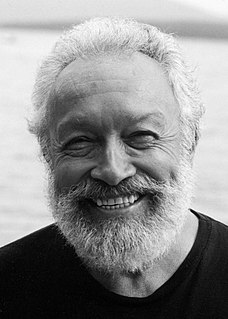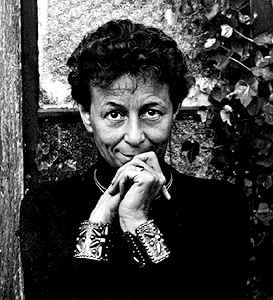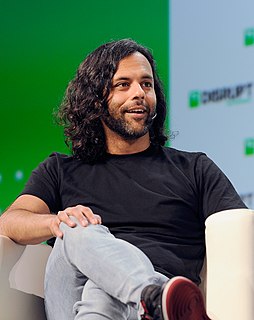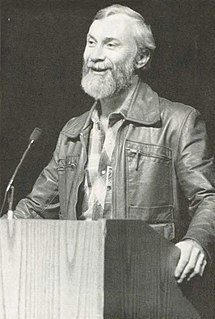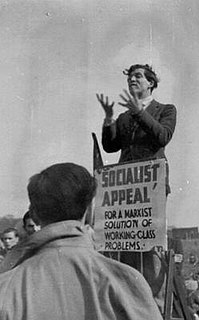A Quote by Harold Feinstein
Mostly, I worked so quickly, I didn't see the details of a photograph until it was printed.
Related Quotes
This is a photograph, so it is as you see: there are no lies and no deceptions. One can detect here, elevated to an incomparably higher level, the same pathetic emotional appeal that lies concealed in every fake spiritualist photograph, every pornographic photograph; one comes to suspect that the strange, disturbing emotional appeal of the photographic art consists solely in that same repeated refrain: this is a true ghost... this is a photograph, so it is as you see: there are no lies, no deceptions.
A photograph never grows old. You and I change, people change all through the months and years but a photograph always remains the same. How nice to look at a photograph of mother or father taken many years ago. You see them as you remember them. But as people live on, they change completely. That is why I think a photograph can be kind.
Some day, as soon as a book is printed it will be simultaneously put into digital form. That will be a wonderful research tool, but it will never substitute for holding the book. I feel certain that at least within my lifetime, everyone will still be going to the bookstore and buying printed books. Thank God I'll die before I have to worry about whether the printed book itself will disappear. That's something I don't want to live to see.
How foolish of me to believe that it would be that easy. I had confused the appearance of trees and automobiles, and people with a reality itself, and believed that a photograph of these appearances to be a photograph of it. It is a melancholy truth that I will never be able to photograph it and can only fail. I am a reflection photographing other reflections within a reflection. To photograph reality is to photograph nothing.
Many oriental cultures make a distinction between two ways of looking - 'hard eyes' and 'soft eyes'. When we look with hard eyes, we see specific details with sharp focus, but we don't see the relationships between different details as well. When we look with soft eyes we see the relationships between everything in our field of vision, but with this softer focus, we don't see all the details as clearly. It's possible to look in two ways at once.
